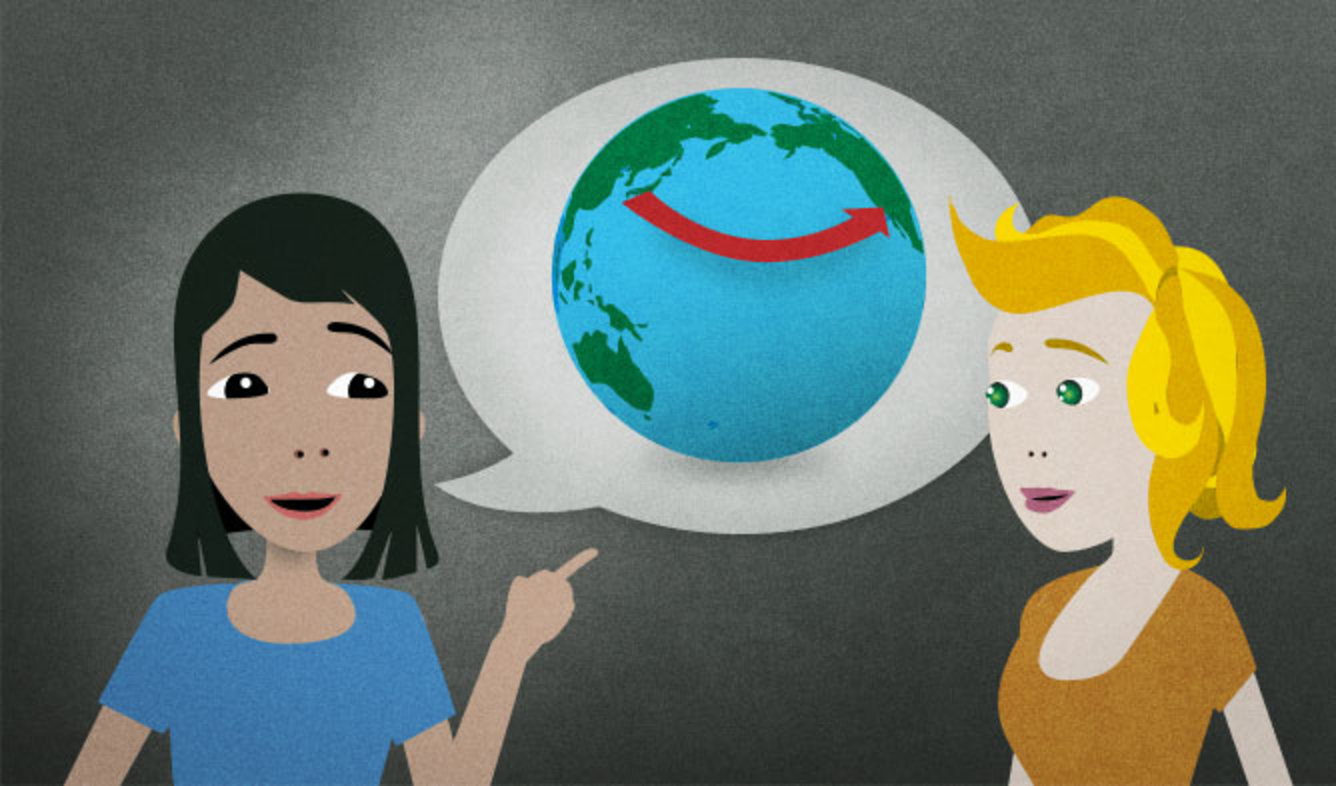“Believe it or not, I had never even traveled abroad when I moved here.”
You're chatting with someone that you just met at a party. She knows that you're from another country, so she asks about why and how you moved here. This was actually the first foreign country you went to, so you say this.
Believe it or not, I had never even traveled abroad when I moved here.
Want Video and Sound? Follow us on YouTube

Believe it or not
The phrase "Believe it or not,..." introduces something that the listener might be surprised to hear. For example, an out-of-shape older man might tell his niece:
Believe it or not, I used to be a championship swimmer back in high school.
In the following example, a person who is living abroad in a foreign country tells her friend in the new country:
Believe it or not, I had never even travelled abroad when I moved here.
People mostly use "believe it or not" to talk about something that's surprising to the listener. But sometimes people also use it sarcastically. For example, if your spouse tries to give you advice while you're driving, you might say:
Believe it or not, I do know how to drive, you know.
Your spouse isn't surprised to hear that you know how to drive, but since they're giving you instructions, it's almost like they think you can't drive. So this sentence is a kind of joke.
I had (done something)
When you're telling a story, you describe the setting at a certain time in the past. If you then want to describe something that happened before the setting of the story, you use "I had ___". Here's an example:
I was almost at the train station when I realized that I had left my wallet in my other purse.
You can also talk about things that didn't happen before the setting of the story. In this sentence:
Believe it or not, I had never even traveled abroad when I moved here.
...the basic setting of the story is "when I moved here". The speaker didn't have any travel experience then, although she might have some now.
(someone) travels abroad
"Traveling abroad" means traveling to places outside of your home country.
"Abroad" is not a place. A common mistake that English learners make is saying "to abroad". You don't travel "to" abroad; you just "travel abroad".
Aside from traveling, you can also:
study abroad
go abroad
live abroad
